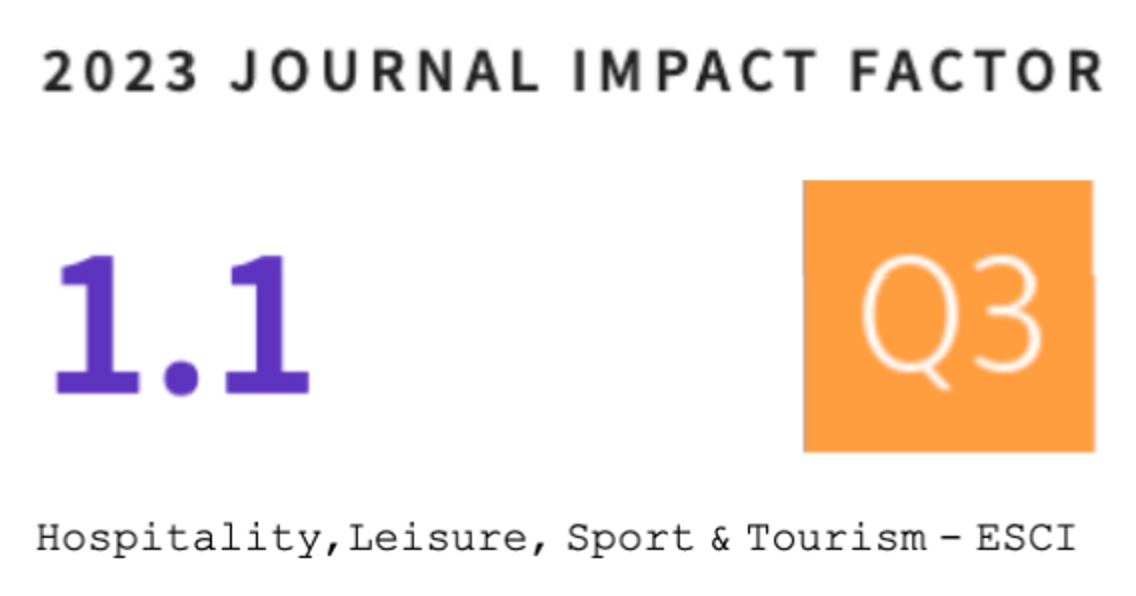STRANGE DANCER THINGS. APLICACIÓN DE LA GAMIFICACIÓN EN LA DANZA
DOI:
https://doi.org/10.12800/ccd.v20i65.2496Keywords:
Gamification, Urban Dance, Active Learning, Choreographic memory, Student motivationAbstract
This study analyses the impact of gamification in urban dance teaching, assessing its influence on learning, choreographic memory and student engagement. A quasi-experimental study was designed with 26 students aged 12-13 years, divided into an experimental group (EG) and a control group (CG). While the CG followed a traditional methodology based on the systematic repetition of movements, the EG used a gamified approach inspired by role-playing games, incorporating progressive challenges, collaborative dynamics and a reward system. Over seven sessions, four key dimensions were analysed: theoretical knowledge, body expression, technical skills and choreographic execution. The results showed a significant improvement in the GE, which obtained higher scores (9.55 and 9.2) than the CG (6.4). In addition, the GE showed higher attendance, less need for review and more autonomous and effective learning. These findings suggest that gamification not only optimises the acquisition of knowledge and skills in dance, but also enhances motivation, teamwork and choreographic retention. It is concluded that this methodology represents an effective pedagogical strategy for the technical-artistic and socio-emotional development of students
References
Alemán, C., & Serrano, C.G. (2001). La danza como elemento educativo en el adolescente. Apunts: Educación Física y Deportes, 31-37.
Alonso, F. G. (2019). Interculturality and gamification in teacher training. Revista de Ciências Humanas, 20(02), 38-62.
Cobos Velasco, J. C. (2022). El uso de la gamificación para aumentar la participación y el compromiso estudiantil. Nexus Research Journal, 1(1), 34–42. https://doi.org/10.62943/nrj.v1n1.2022.5
De Figueiredo, S. P. (2016). A dança e a expressão corporal: prática educativa, cultural e social. ERAS| European Review of Artistic Studies, 7(1), 67-75. 10.37334/eras.v7i1.83
Delgado Aza, T. S., Rosero Bustos, A. M., Rocha Tayupanta, G. E., Suasnavas Reina, S. A., Maldonado Cruz, M. de J., & Santillán Vaca, H. S. (2024). Implementación de Metodologías Activas en el Proceso de Enseñanza-Aprendizaje en el Aula: Implementation of Active Methodologies in the Teaching-Learning Process in the Classroom. Revista Científica Multidisciplinar G-Nerando, 5(1), 1027–1046. https://doi.org/10.60100/rcmg.v5i1.238
Deterding, S., Dixon, D., Khaled, R., & Nacke, L. (2011). From game design elements to gamefulness: defining" gamification". In Proceedings of the 15th international academic MindTrek conference: Envisioning future media environments (pp. 9-15). https://doi.org/10.1145/2181037.2181040
Domínguez, A., Saenz-de-Navarrete, J., De-Marcos, L., Fernández-Sanz, L., Pagés, C., & Martínez-Herráiz, J. J. (2013). Gamifying learning experiences: Practical implications and outcomes. Computers & education, 63, 380-392. https://doi.org/10.1016/j.compedu.2012.12.020
Fica Morales, A., Burgess Jaramillo, V., González Salgado, T., & Rojas Pino, M. . (2022). Gamificación en Medicina de Urgencia. Revista Española de Educación Médica, 3(3). https://doi.org/10.6018/edumed.531501
Gutiérrez-Cantos, P. J., & Enriquez-Caro, L. (2023). Caracterización de la danza como estrategia para fortalecer en el desarrollo físico- integral de los estudiantes. MQRInvestigar, 7(4), 1271–1283. https://doi.org/10.56048/MQR20225.7.4.2023.1271-1283
Kapp, K. M. (2012). The gamification of learning and instruction: Game-based methods and strategies for training and education. Pfeiffer.
Lira Valdivia, R. I. (2010). Las metodologías activas y el foro presencial: su contribución al desarrollo del pensamiento crítico / Active learning methodologies and syncronous forum: its contribution to the development of critical thinking. Actualidades Investigativas En Educación, 10(1). https://doi.org/10.15517/aie.v10i1.10093
López-Mari, M., Martín-Alonso, Á. S., & Peirats-Chacón, J. (2022). De los videojuegos a la gamificación como estrategia metodológica inclusiva. Revista Colombiana de Educación, (84). 10.17227/rce.num84-12518
Luelmo del Castillo , M. J. . (2018). Origen y desarrollo de las metodologías activas dentro del sistema educativo español. Encuentro Journal, 27, 4–21. https://doi.org/10.37536/ej.2018.27.1890
Morales Carbajal, R., & Villa Angulo, C. (2019). Juegos de rol para la enseñanza de las matemáticas. Education in the Knowledge Society (EKS), 20, 13. https://doi.org/10.14201/eks2019_20_a7
Ordóñez Matute, . A. R. . (2022). Dispositivo didáctico relacional. Reivindicación del valor del aprendizaje de la danza para una educación integral. Revista Panamericana De Pedagogía, (35), 251–274. https://doi.org/10.21555/rpp.vi35.2734
Ortiz-de-Urbina Criado, M., Medina Salgado, S., & De La Calle Durán, C. (2010). Herramientas para el aprendizaje colaborativo: una aplicación práctica del juego de rol. Education in the Knowledge Society (EKS), 11(3), 277–300. https://doi.org/10.14201/eks.7463
Otzen T, & Manterola C. Técnicas de Muestreo sobre una Población a Estudio (2017). International Journa of Morphology, 35(1), 227-32. Recuperado de: https://scielo.conicyt.cl/scielo.php?script=sci_arttext&pid=S0717- 95022017000100037&lng=es&nrm=iso&tlng=es
Sailer, M., Hense, J. U., Mayr, S. K., & Mandl, H. (2017). How gamification motivates: An experimental study of the effects of specific game design elements on psychological need satisfaction. Computers in human behavior, 69, 371-380. https://doi.org/10.1016/j.chb.2016.12.033
Villamar Gavilanes, A. M., & Sánchez Casanova, R. (2024). Explorando las bases pedagógicas de la gamificación como enfoque metodológico en la enseñanza superior. Educación, 33(65), 166-188. DOI 10.18800/educacion.202402.e001
World Medical Association (WMA). (2021). Declaración de Helsinki de la AMM – Principios éticos para las investigaciones médicas en seres humanos. Disponible en: https:// www.wma. net/es/policies-post/declaracion-de-helsinki-de-la-amm-principios-eti cos-para-las-investigaciones-medicas-en-seres-humanos/
Zurita, P. L. S., Morales, R. V. P., Montalvo, H. P. B., & Román, S. C. G. (2024). Gamificación en la Educación: Mas allá de la diversión, estrategias efectivas para el aprendizaje significativo. Polo del Conocimiento, 9(3), 3908-3931. 10.23857/pc.v9i3.6886
Downloads
Published
How to Cite
Issue
Section
License
Copyright (c) 2025 Creative Commons Attribution License

This work is licensed under a Creative Commons Attribution-NonCommercial-ShareAlike 4.0 International License.
The authors who publish in this journal agree with the following terms:
- The authors retain the copyright and guarantee the journal the right to be the first publication of the work as well as licensed under a Creative Commons Attribution License that allows others to share the work with recognition of the authorship of the work and the initial publication in this journal.














